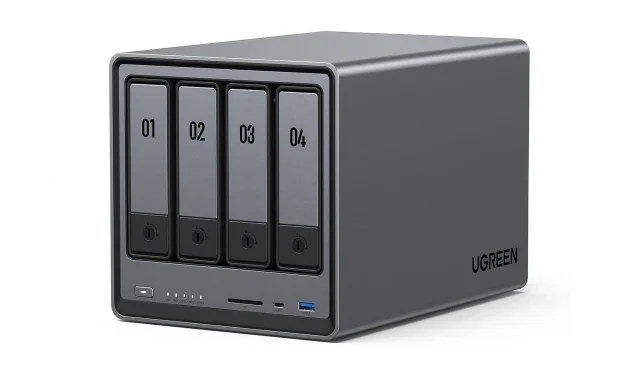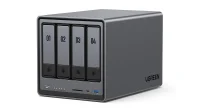When considering portable storage solutions, many individuals first think of external hard drives, such as SSDs. However, these devices can be less convenient than they appear, lacking in several critical areas, including remote access, scalability, and robust data security. Enter Network-Attached Storage (NAS), a game-changer that elevates data management to a higher standard.
A NAS is not merely an external storage unit; it serves as a centralized hub connected directly to your internet router, offering 24/7 remote access to your files from multiple devices. This functionality far exceeds that of traditional external drives, making NAS a superior choice for those looking to improve their portable data-sharing capabilities.
In the following sections, we will explore compelling reasons to opt for a NAS over an external hard drive.
Top Reasons to Choose NAS Over External Drives
1. Enhanced Data Sharing Across Devices

Consider the purpose of your external drive. If your main goal is to transfer large files, a NAS significantly streamlines this process. By uploading files and folders to the NAS, you can easily access and share them across multiple devices simultaneously. In contrast, transfers via external drives typically require connecting to just one device at a time, making NAS a far more efficient solution for data sharing.
2. Centralized Storage for All Devices
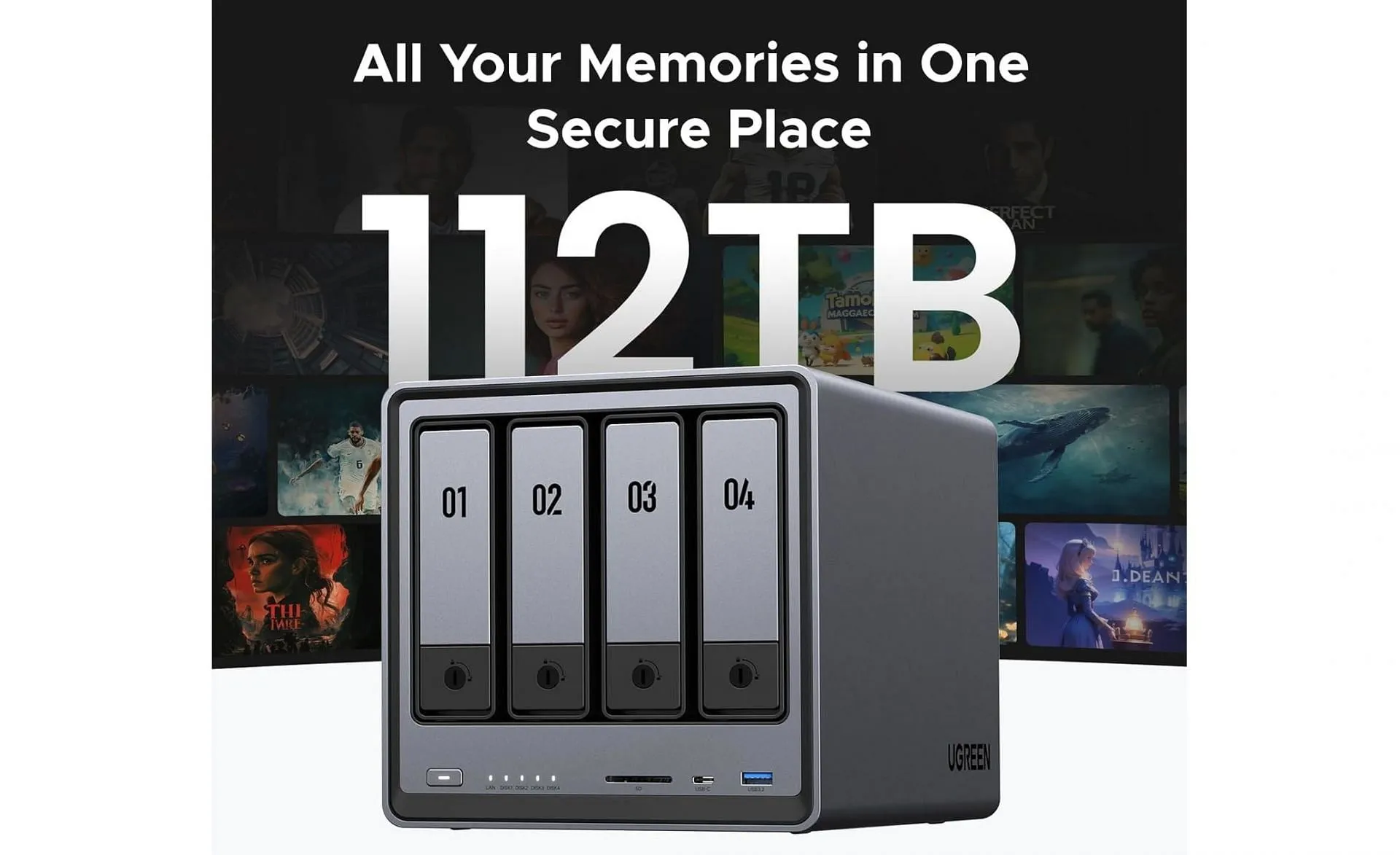
If you’re using an external drive to store data from various devices, a NAS is a significantly better alternative. External drives can often face compatibility issues due to differing operating systems. For instance, a drive formatted on a Windows PC (often in NTFS format) may not work with macOS. This limitation could lead to the inconvenience of managing multiple drives. In contrast, a NAS facilitates universal access to your data, allowing seamless compatibility across all devices, regardless of their operating systems.
3. Scalable and Expandable Storage Solutions
When running out of space on an external drive, your only choice is to purchase another unit, complicating storage management. Most NAS devices come equipped with multiple drive bays, allowing you to easily add additional storage without the hassle of connecting separate drives.
4. Streamlined Backup and Synchronization Features
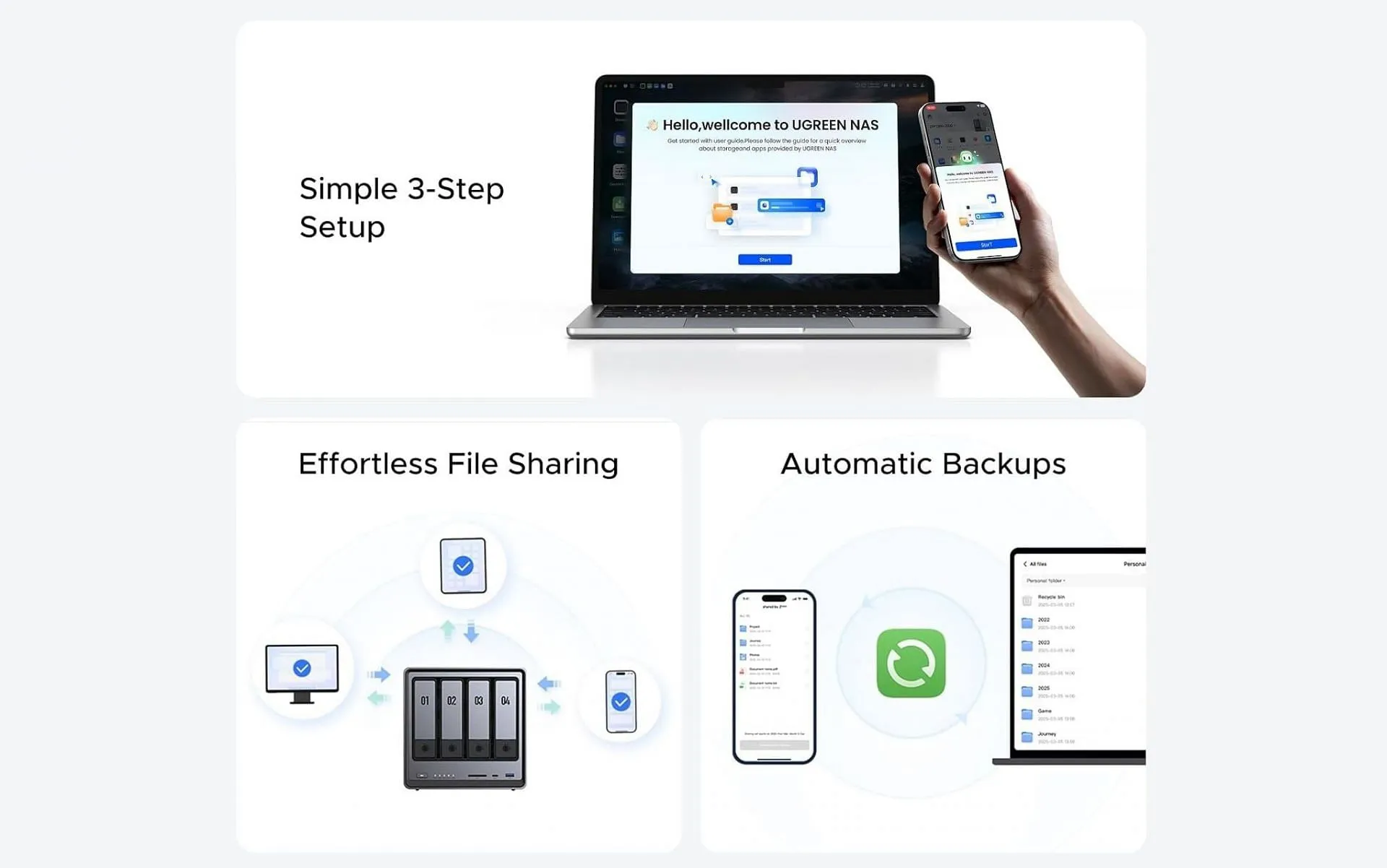
You can install backup solutions directly onto your NAS, enabling automatic backups from multiple devices without the need for user intervention. In contrast, external drives do not support backup software installations, resulting in time-consuming, manual backup processes limited to one device at a time.
5. Superior Data Transfer Speeds
With NAS solutions leveraging multiple drives, the data transfer speeds can dramatically exceed those of traditional external drives. While some high-performance external drives exist, they may still be limited by the USB interface. Conversely, NAS devices typically utilize gigabit Ethernet connections, ensuring much higher data transfer rates.
6. Facilitated Collaboration
The ability for multiple devices to access a NAS from various locations enhances collaboration on projects. You can easily manage user permissions, ensuring collaborators have the necessary access to specific files while maintaining control over your projects. This level of collaboration is unfeasible with external drives, as they can only connect to one device at a time.
7. Enhanced Data Security and Protection
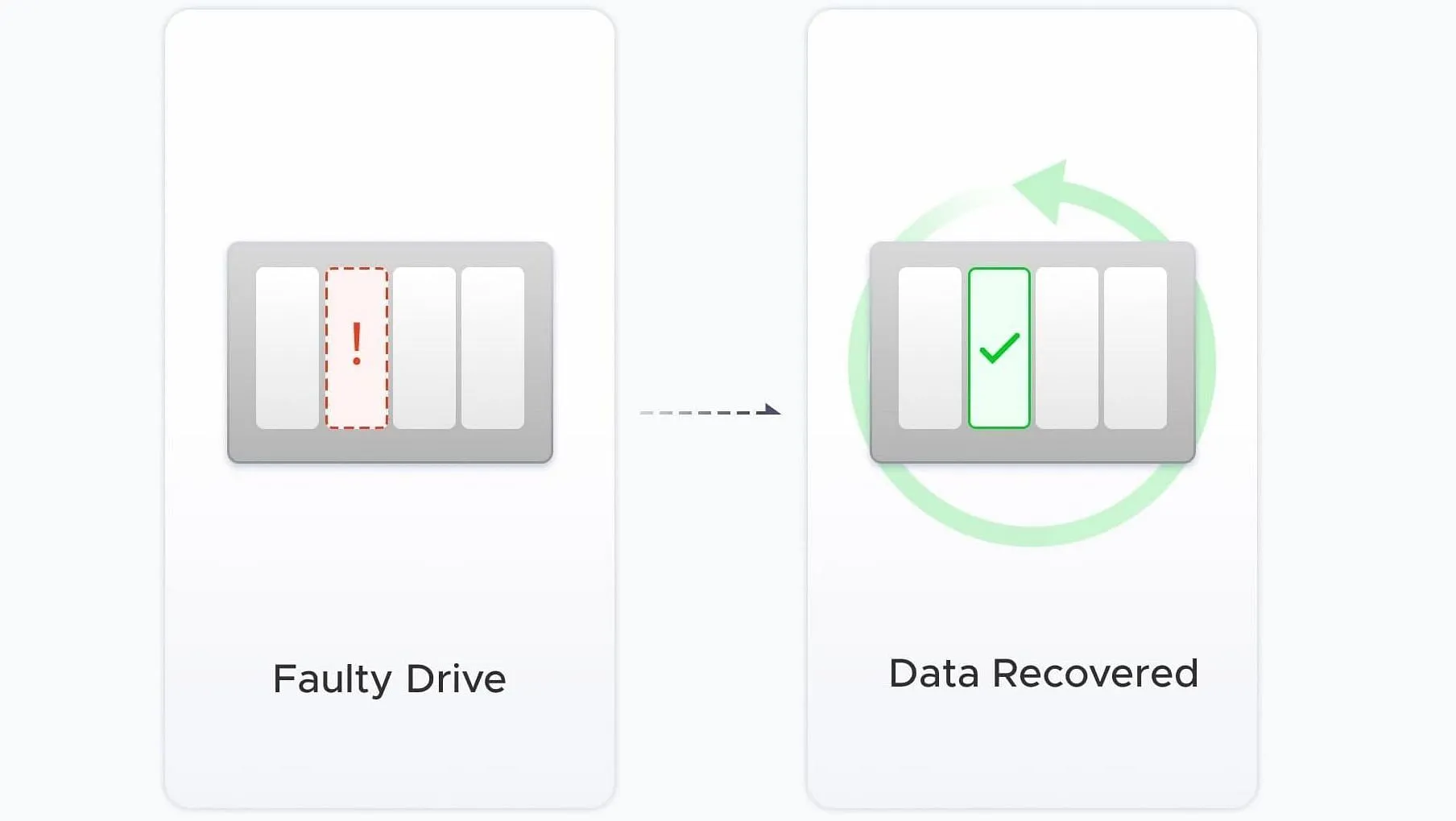
The security features of a NAS are among its most significant advantages. You can implement data encryption, set up passwords for individual files, and create specialized access permissions for users, ensuring that sensitive data is adequately protected. Moreover, in the event of drive failure, NAS devices often utilize data mirroring across multiple drives, safeguarding your information. These advanced security features are seldom found in external drives.
In conclusion, the myriad benefits of opting for a NAS over an external drive are clear. While the initial investment may be higher for a NAS device, the long-term advantages far outweigh the costs, making it a wise choice for anyone serious about data management and sharing.
